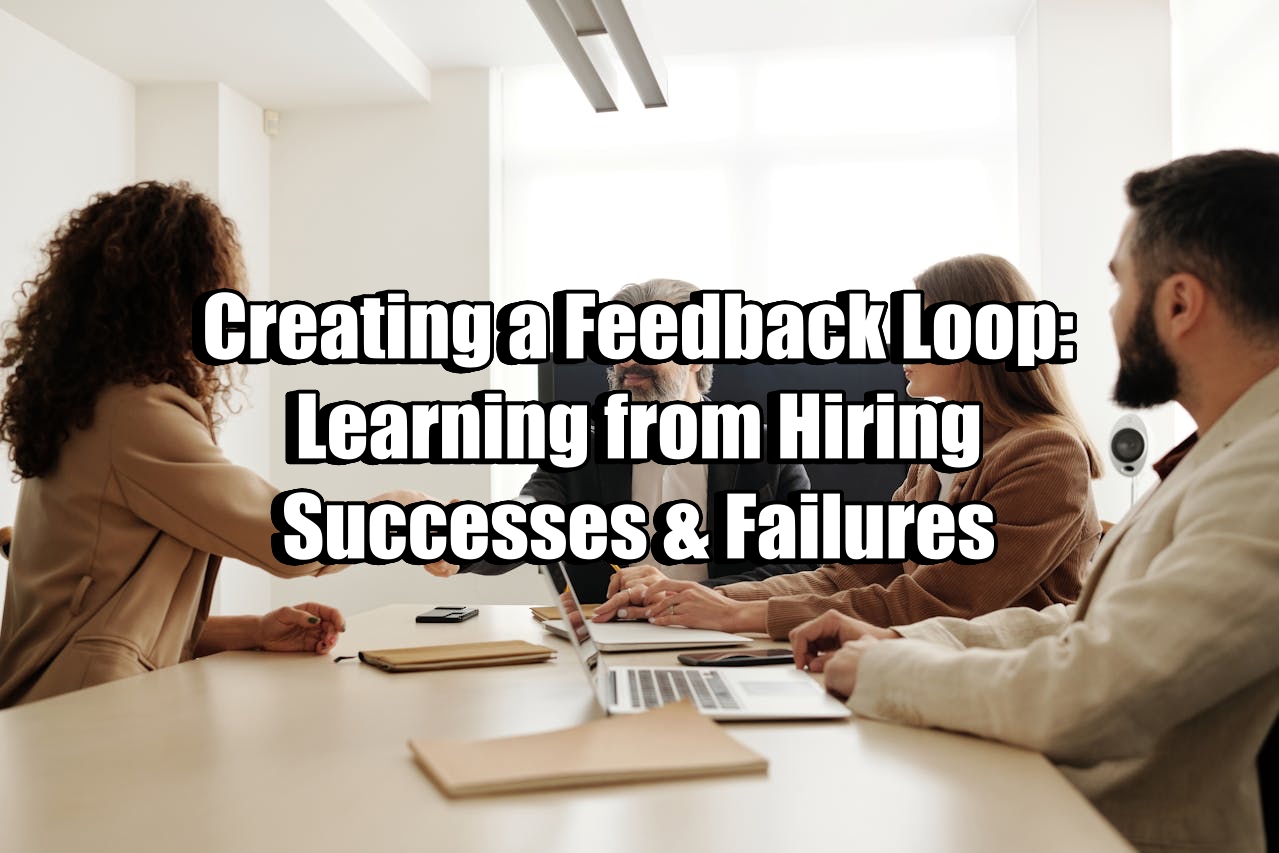Skip to content
Creating a Feedback Loop: Learning from Hiring Successes & Failures
Hiring is one of the most critical decisions any business makes. The right hire can accelerate growth, while the wrong one can stall progress, drain resources, and impact culture. Yet, many organizations treat each hiring cycle as a one-off event instead of a chance to build a feedback loop that continuously improves their talent strategy.
Why a Feedback Loop Matters
A feedback loop in hiring means analyzing what worked, what didn’t, and using that knowledge to refine future decisions. Without it, companies risk repeating the same mistakes—relying on gut instinct, overlooking key red flags, or misunderstanding what success looks like in a role.
By reflecting on both successes and failures, leaders gain clarity:
-
From successes: Which qualities, experiences, or interview responses predicted strong performance?
-
From failures: Were expectations misaligned, onboarding weak, or cultural fit overlooked?
Turning Insights Into Action
-
Track Outcomes Beyond the Hire Date
Success isn’t proven on day one. Monitor new hires over time—performance, engagement, and retention reveal if the hiring decision was truly effective.
-
Analyze Missteps Without Blame
A failed hire shouldn’t end in finger-pointing. Instead, assess the hiring process itself: job description accuracy, interview structure, candidate evaluation methods, or lack of reference checks.
-
Close the Loop With Data & Dialogue
Collect structured feedback from managers, peers, and even candidates. Compare hiring assumptions with real outcomes. Did the skills tested in interviews match the skills actually needed?
-
Refine Processes Continuously
Use these insights to adjust job descriptions, interview questions, or evaluation criteria. Over time, this reduces costly mis-hires and strengthens your employer brand.
The Long-Term Payoff
Organizations that create hiring feedback loops build resilience. They learn faster, align roles with business needs, and create a talent pipeline that thrives. Instead of reacting to hiring mistakes, they anticipate and prevent them.
Ultimately, hiring isn’t about avoiding failure—it’s about using every outcome as fuel for smarter, stronger decisions.

No responses yet